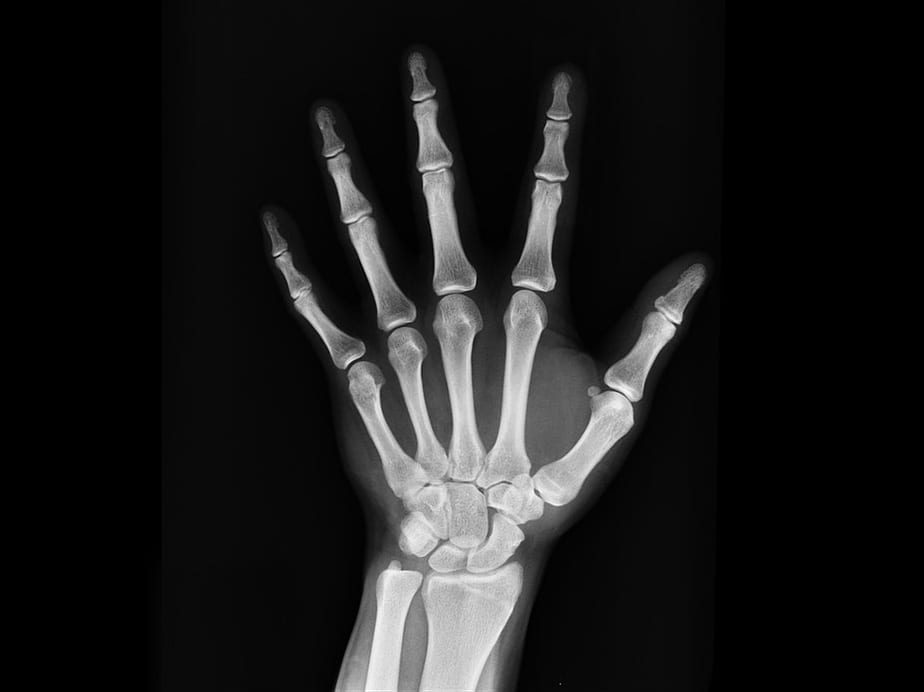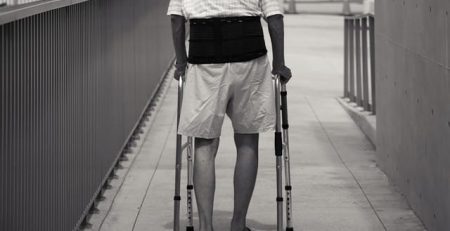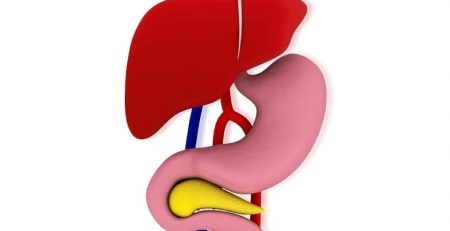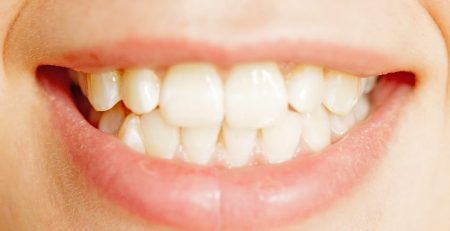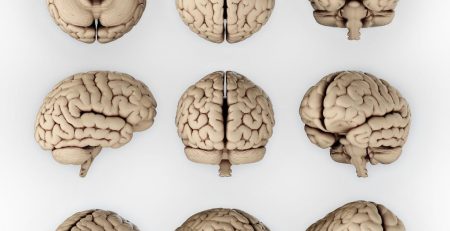New Osteoporosis Drug Actually Builds Bone
A new drug was officially approved by the Food and Drug Administration earlier this month that will hopefully be a game changer for the approximately 10 million people in the United States suffering from osteoporosis. Romosozumab (brand name Evenity), “restores bone without breaking it down, according to the findings of two large clinical trials,” The New York Times reports.
While it has only been approved for postmenopausal women with a high risk of fracture, researchers are still thrilled with the drug’s initial success.
“This is an extraordinarily important drug,” Dr. Richard Bockman, chief of the endocrine service at the Hospital for Special Surgery in New York, told The New York Times. “It’s a true bone-building drug that takes advantage of the underlying biology of bone.”
Until Evenity, standard treatments included bisphosphonates (which stop bone loss, but do not rebuild bone) and parathyroid hormone and a derivative (which would build up bone, but also break it down). What makes Evenity different is that it is based on a rare gene mutation in people with bones so dense that they never break.
Researchers began studying a group of Afrikaner patients in South Africa in 1964. The bones of these individuals were so dense and large they eventually caused facial distortion and nerve trauma which in some cases led to deafness or facial palsy. In 2001, scientists reported all of this was caused by a single gene mutation; one that stopped the production of sclerostin, a protein that halts the production of bone and increases its breakdown. Scientists reasoned that by mimicking this mutation, osteoporosis sufferers would be able to build more more and decrease debihiliating fractures.
Trials were conducted where Evenity was compared to both a placebo and to bisphosphonate. In both cases, women taking Evenity ended up with more bone and fewer fractures.
This treatment isn’t without it’s own set of risks, however. The treatment is currently given as a monthly injection, and side effects can include joint pain, headaches, and irritation at the injection site. The FDA is also requiring a boxed warning on the drug’s label stating those who have had a heart attack to stroke in the past year should refrain from using the medication.




